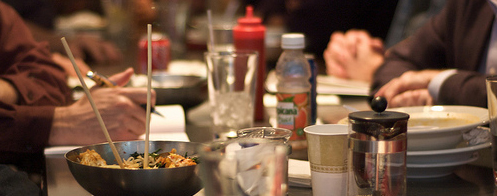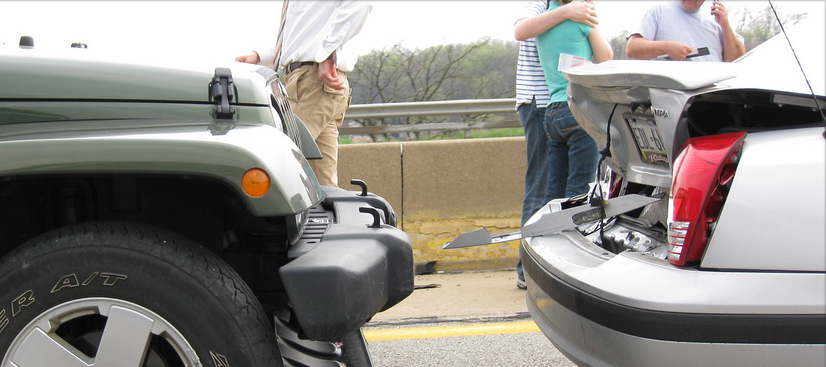Insurance Company Penalized At Trial For Refusing to Accept Our Client’s Settlement Offer
Posted on by Mussio Goodman
As we recently announced, after our client rejected ICBC’s $25,000 offer, we proceeded to trial and were awarded $204,000 in the Supreme Court of British Columbia.
With any successful judgment, we were also awarded “costs”, which is essentially an award of additional money to compensate for the work performed over the course of the litigation and, in turn, a means to lighten the amount of legal fees the client has to pay.
In this case, the costs were prescribed at $14,000. However, litigation rules allow for a “double costs” penalty if a settlement offer was made before trial, the offer was not accepted, and the trial award exceeded the offer.



